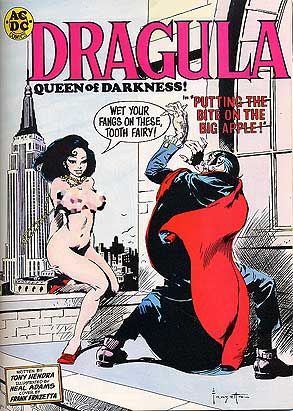Four Years of Same-Sex Marriage in Massachusetts
An article from the New York Times and appearing in this morning's Worcester Telegram and Gazette provides a sketch of the number and state of same-sex marriages in Massachusetts after four years of it being legal here.
Gays, lesbians discover marriage is mixed bagThe article points up well how similar gay and not-gay people really are. More gay women have gotten married than have gay men, for example. Could it be that gay men and straight men both are more gun shy about commitment than are women overall?
By Pam Belluck THE NEW YORK TIMES
Four years after Massachusetts became the first state to allow gay couples to marry, there have been blissful unions, painful divorces and everything in between...
As same-sex marriage begins in California, Massachusetts's experience may offer hints of what is to come. For example, after an initial euphoric rush to the altar, the number of gay weddings in Massachusetts fell sharply, and has declined each year since. Of the more than 10,500 same-sex couples married here since May 17, 2004, 6,121 wed in the first six months. There were 2,060 weddings in 2005; 1,442 in 2006; and 867 in the first eight months of 2007, the most recent data show...
The census recorded 23,655 same-sex households in Massachusetts in 2006...
Nearly two-thirds of the weddings have been lesbian marriages... more same-sex married couples of both sexes are older — nearly a third are in their 40s...
"It's been a mixed bag," said Jacob Venter, a 44-year-old child psychiatrist... "Nothing turns out the way you imagine," Venter said. "There are no role models for gay marriage..."
"I feel totally different inside my skin," said Linda Bailey-Davies, 62, who married her longtime partner, Gloria Bailey-Davies, 67. With marriage, she said, "I felt legitimate in the world..."
"It makes me completely think differently about the relationship," said Lance Collins, 38, a colorist at a Boston hair salon...
but his partner does not want to marry. "I know he cares about me quite a bit," Collins said. "I just think he doesn't want to."
Collins said he believes his partner is his ideal match because he "gets as excited about seeing me as I get about seeing him," because "sometimes he'll do my laundry and fold it the way I like it," and because "he makes my coffee really well — one Equal with just a tablespoon of fat-free half-and-half..."
Some of these marriages are working out, some of them aren't. That sounds familiar, too.
I think I'm beginning to see what those who are viscerally opposed to same-sex marriage have been so worried about, and it has nothing to do in the end with some metaphysical mechanism by which the marriage of one couple can alter the commitment of another unrelated pair. No, I think for a lot of the Matt Barbers of the world, the worry runs much deeper.
Maybe they're just scared that aside from their preferences in selecting a partner, it's turning out that gay people aren't significantly different from straight ones.
 I mean, these people are supposed to be demonic and wicked and doing all sorts of awful perverse things, working some sort of spell over we heterosexuals to turn us all into stereotypically mincing androgynes and cause churches to burst into flame and raping and pillaging their way across our cultural landscape, and here they are being just like us. Here they are worried about working on their relationships and compromising with their partners and making commitments and being afraid to make commitments and keeping in mind how their partners like their coffee.
I mean, these people are supposed to be demonic and wicked and doing all sorts of awful perverse things, working some sort of spell over we heterosexuals to turn us all into stereotypically mincing androgynes and cause churches to burst into flame and raping and pillaging their way across our cultural landscape, and here they are being just like us. Here they are worried about working on their relationships and compromising with their partners and making commitments and being afraid to make commitments and keeping in mind how their partners like their coffee. If the nefarious scapegoats turn out to be like everybody else, then upon whom will the Concerned Women of America vent their spleens? At whom will Pat Robertson be able to point next time there's a mass murder and say, "We're being punished for what those people did?" Whatever is poor Don Wildmon going to do with his American Family Association if it turns out that the "homosexual agenda" isn't much more than wanting to be able to settle down, collect the same perks and penalties that other couples have long gotten, and then spend the rest of their lives getting old together and having the occasional argument over the bills and how to decorate the living room... or not succeeding and getting the same divorces that about half of all straight couples wind up getting? How can there be an "us" if there is no "them?" Won't somebody please think of Fred Phelps; what happens to the poor guy if the issue upon which he's practically built his whole life goes away and he has to get a real job? It's an American tragedy in the making!
It's so hard to find someone to hate these days, after all. Dark-skinned people can vote and one might even be elected president within the year. Antisemitism is just passé. Beating up the Amish is frowned upon. If it turns out that gay people are just like everyone else — just as happened with Jews and Blacks and Italians at various points in America's long history of not liking people who were somehow "different" — then what's left? It's so hard to pick the people who like spicy food out of a crowd...





